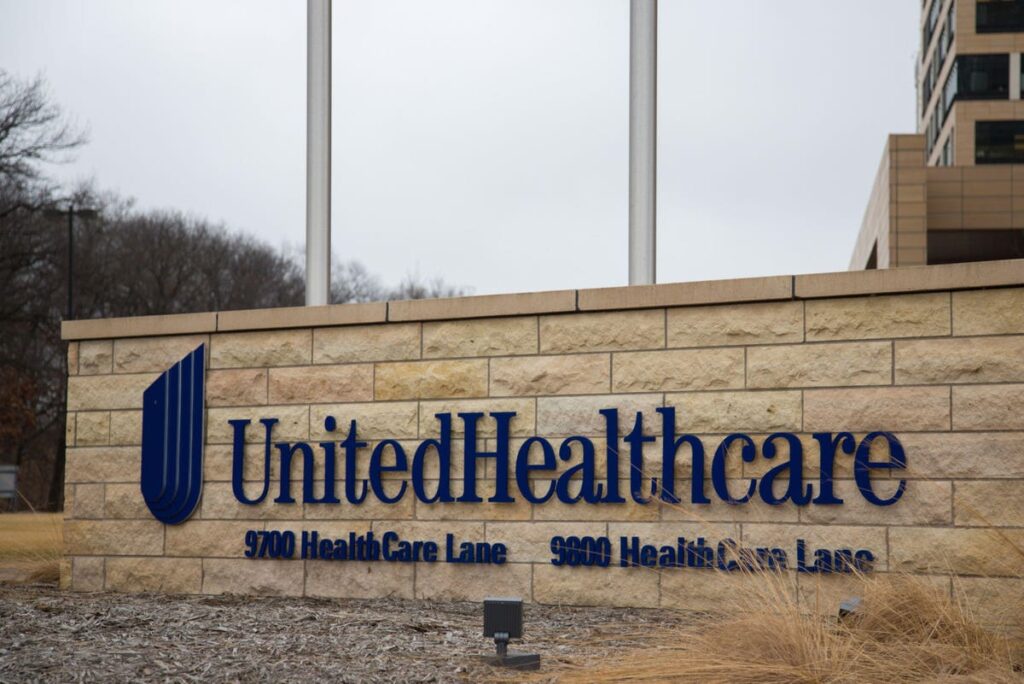UnitedHealth Group reports record use of behavioral healthcare services across all age groups, the … [+]
© 2016 Bloomberg Finance LP
As the U.S. mental health crisis deepens, the nation’s largest health insurer is seeing record use of behavioral healthcare services across all age groups.
UnitedHealth Group, which reported second quarter earnings on Friday, told analysts who follow the company that its giant network of behavioral care providers from psychiatrists and psychologists to therapists and social workers and specialized nurses is expanding to meet demand.
“To address the issue, Optum Health has expanded its network by tens of thousands of care professionals this year, and we are developing our benefit offerings assuming demand for behavioral care services will continue to rise,” UnitedHealth Group chief executive Andrew Witty told analysts in a call Friday morning to discuss fourth quarter earnings.
“Over the past few years, behavioral care patterns have been accelerating as people increasingly feel comfortable seeking services,” Witty said. “Just since last year the percentage of people who are accessing behavioral care has increased by double-digits.”
It’s also a sign health insurer strategies to meld medical and mental health benefits to treat the “whole person” and address social determinants of health is working. Given UnitedHealth’s size with its health plans under the UnitedHealthcare umbrella and its medical providers under the Optum Health brand, what the company experiences is generally a sign of things to come for the rest of the health insurance industry.
UnitedHealth was the first health insurer to report second quarter earnings with others to follow in the coming weeks, including Elevance Health, the parent of Blue Cross and Blue Shield plans in 14 sates, which reports this week and CVS Health, parent of the health insurer, Aetna, and Cigna, which both report second quarter earnings in early August. All three of these UnitedHealth rivals have expanded behavioral health services in one way or another.
In UnitedHealth’s case, the company has expanded behavioral health services in a variety of areas such as ambulatory services, which are now available in 37 states. company executives said Friday.
“It isn’t strictly young people. It’s across the board,” Wyatt Decker, Chief Executive Officer of UnitedHealth’s Optum Health. “We’re seeing 30, 40, 50-year-olds accessing behavioral health care for needed care, for conditions like anxiety, depression, substance use disorder. And our commitment is to make sure that they have access to that care.”


